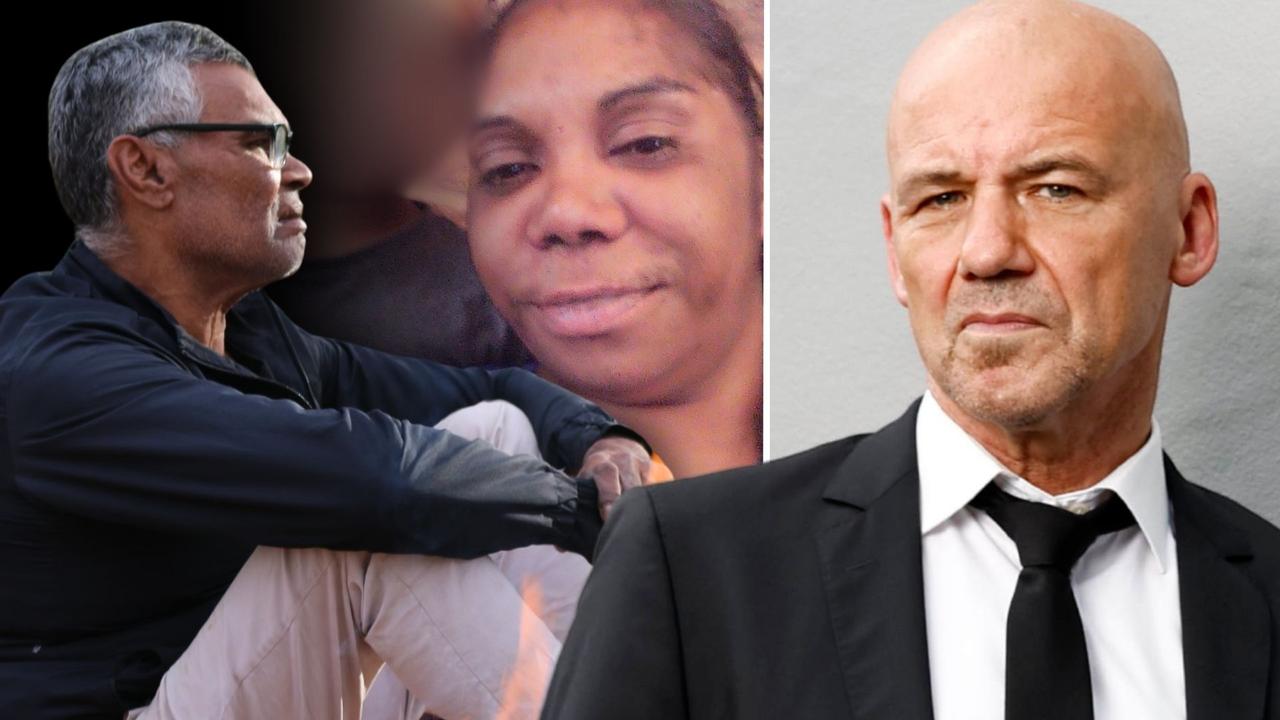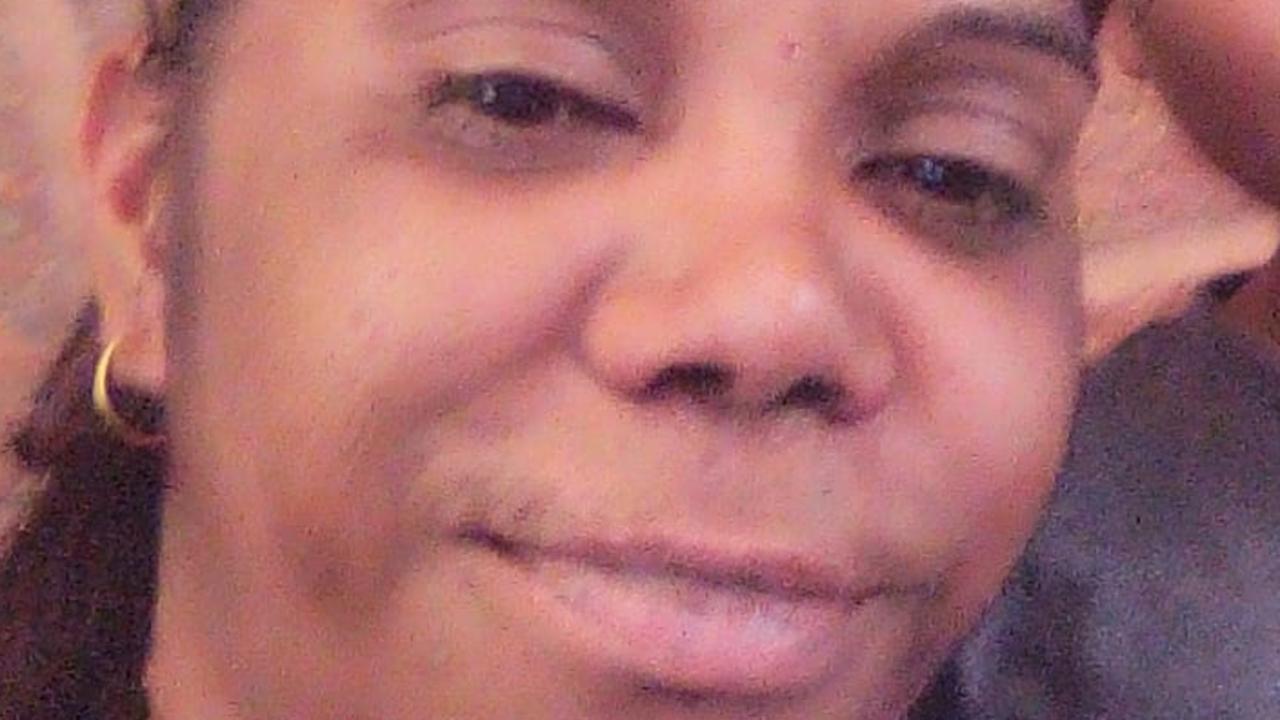Calls for inquiry into way police handle suspected suicides of Aboriginal women
The mother of a teenager found dead in a backyard shed has called for an inquiry into the way police handle the unexplained deaths of Aboriginal women.
Dying Rose
Don't miss out on the headlines from Dying Rose. Followed categories will be added to My News.
The mother of 19-year-old Rose Hunter-Hebberman, found dead in a backyard shed, has called for an inquiry into the way suspected suicides of Aboriginal women are handled by police.
Courtney Hunter-Hebberman said she has been overwhelmed with support from “all walks of life, all races and cultures” since Rose’s story was shared last week as part of The Advertiser’s Dying Rose podcast investigation.
“What it does is it brings to light what we’ve been saying for a long time about what’s happening to our women,” she said.
“It’s bittersweet because it doesn’t bring my daughter back and it doesn’t bring any of the others back but ... it gives me hope.
“The issue is not hidden anymore. It’s brought to light.”
Within hours of Rose’s death on December 4, 2019, Courtney was told her daughter had died by suicide – but to this day she has questions about the circumstances.
Aboriginal and Torres Strait Islander readers are advised that this story contains images and voices of people who have died.
DYING ROSE: LISTEN TO EPISODES 1 & 2
PODCAST: Listen to the first two episodes here, or find them on the Apple Podcasts app
Rose died at the southern suburbs home of a man she had met earlier that year.
Courtney asked police to provide evidence supporting their conclusion that Rose had taken her own life, including CCTV footage of his whereabouts on the morning she died.
But she said they never searched for the footage. Police declined to comment on the assertion.
Rose is one of six Aboriginal women whose families are asking whether police properly responded to their deaths.
Courtney said it had been “life-changing” to speak publicly about Rose, and called for action.
“I hope it changes (police) operational procedures and I hope that there could be a state inquiry … because that’s what needs to happen,” she said.
“The systemic issue of racial bias is the common thread throughout all the cases.”
SA Police Commissioner Grant Stevens said established processes must be followed in the investigation of a death.
“When a person has died and the cause of death, and/or the circumstances surrounding the death require further investigation, SA Police prepare a comprehensive report which is oversighted by SAPOL Major Crime Investigation Branch,” he said.
“That report is referred to the state coroner to determine the cause of death or to the DPP where a suspect is charged with a criminal offence.”
Mr Stevens said an inquest may be held in the Coroner’s Court and the coroner may determine the cause of death through that process.
“It is the coroner’s prerogative to conduct an inquest and that decision is based on the need to establish the cause and circumstances that resulted in the death,” he said.
Asked about the deaths of Rose and 21-year-old Charlene Warrior – found dead two weeks after she went missing on Yorke Peninsula in 2021 – Mr Stevens said the coroner has advised he does not intend to hold inquests.
“In these cases, the coroner was satisfied with the evidence presented and found the deaths were as a result of suicide,” he said.
Mr Stevens said families are kept updated on the progress of investigations.
“Police work closely with the families of deceased persons during these traumatic incidents to ensure they are appropriately updated of the investigation and coronial processes,” he said.
“Unfortunately, due to the nature of suicide, families are often left with unanswerable questions which can make the reality of these circumstances difficult to understand or accept.”
Aboriginal Affairs Minister Kyam Maher said his thoughts were with the families at the centre of these harrowing stories.
“We know there are government systems, structures and policies that have failed Aboriginal people,” he said.
“A First Nations Voice to Parliament will allow First Nations people to help drive meaningful change across policy areas, including the justice system.”
DYING ROSE PODCAST: Listen to the first two episodes here, or find them on the Apple Podcasts app
REACH OUT FOR HELP
While the media generally avoids reporting details about suicide, to understand the families’ concerns about these cases it is important to give the full context of these tragic deaths.
• Aboriginal and Torres Strait Islanders requiring crisis support can call 13YARN (13 92 76)
• Anyone needing help with issues of mental health or depression can call Lifeline on 13 11 14 or Beyond Blue on 1300 224 636
• If you or someone you know is experiencing sexual abuse or family violence, call 1800 RESPECT (1800 737 732)
• Men experiencing anger or relationship issues can call Men’s Referral Service on 1300 766 491
• In an emergency, call 000
More Coverage
Originally published as Calls for inquiry into way police handle suspected suicides of Aboriginal women




